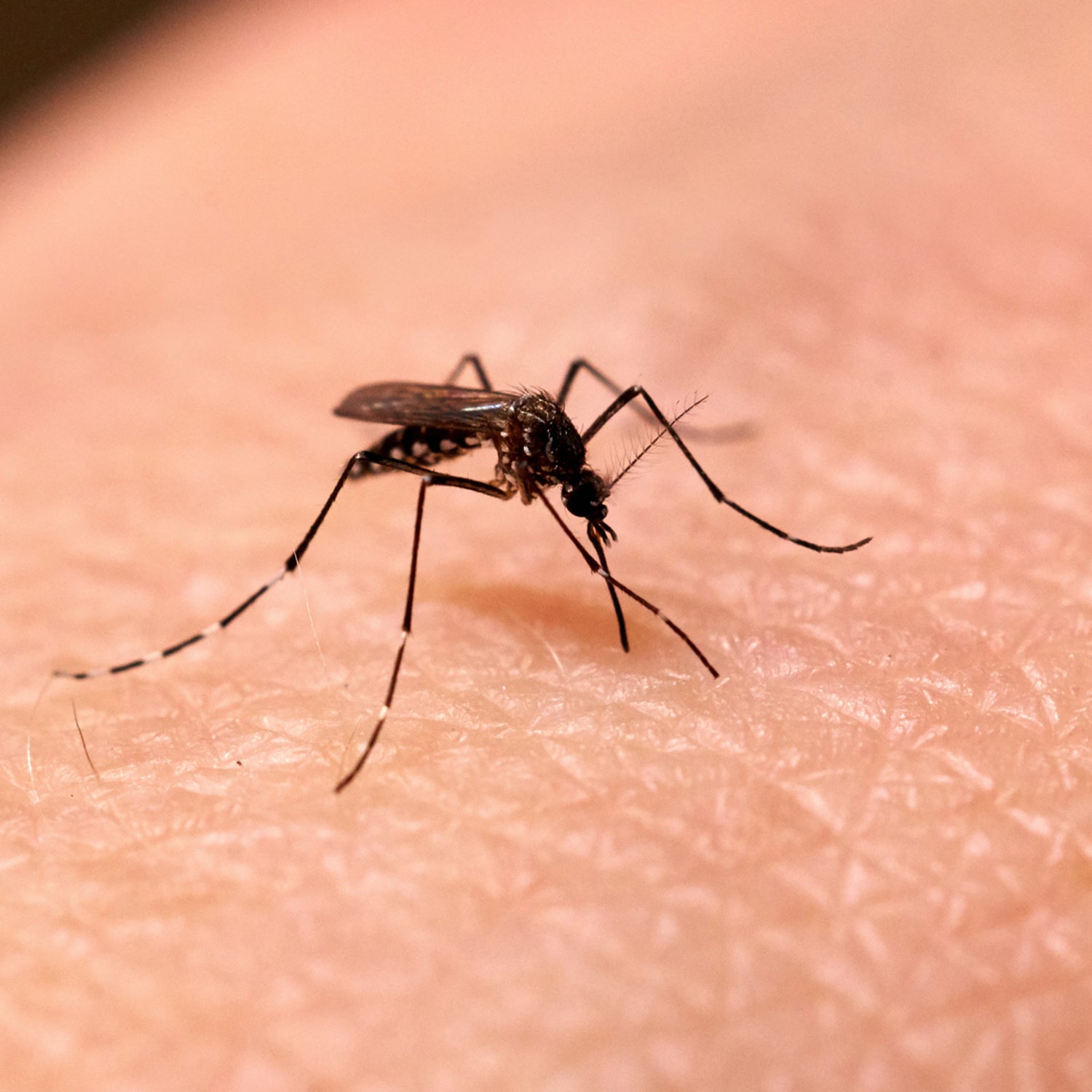I tried, and failed, to count the bites when I came off the river. In front of a mirror, I stripped down and took in the welts that swelled on my shoulders and elbows and, well, basically everywhere. Twisting to check my back, I could see pale, unravaged skin where my life jacket had protected with in a thick layer of foam. But my exposed skin was covered in swollen red bumps.
I had spent a week rafting a lower section of the Nahanni, an iconic river in CanadaÔÇÖs Northwest Territories. The first half of the trip was sun-scorched bliss, but in the final few days the canyon walls fell away, the current slowed, and regiments of mosquitoes emerged from the brushy, wet terrain. By day we outran them, but at night I watched three or four alight on my exposed fingers as I pitched my tent. I ended up, best I could tell, with 200 to 300 angry bites.
I didnÔÇÖt grow up the One the Bugs Like Best. ÔÇťThey donÔÇÖt really bother me,ÔÇŁ I could have said as a teen, airily, playing soccer between cornfields on a muggy summer evening┬áor floating in a canoe on a warm lake. But something changed when I moved cross-country from eastern Ontario to the northwestern Yukon: now I seemed to smell particularly sweet to the local bloodsuckers. And bitten, I reacted as never before, swelling and scratching. It was like losing a superpower. What happened to me?┬á
Researchers donÔÇÖt entirely understand what draws mosquitoes to some and not others. There are known factors: Exhaling carbon dioxide gives us away to a mosquitoÔÇÖs sensors, for a start. Pregnant women are extra vulnerable, since they give off more; the same goes for people exercising and breathing hard. (Bad news for that campsite bocce tournament.) ThereÔÇÖs evidence to suggest that mosquitoes prefer type O blood, and genetics are also at play. One study found that identical twins matched each other in attractiveness to mosquitoes, while fraternal twins were more varied.┬á
ThereÔÇÖs also a surprisingly limited understanding of the physiology of the ensuing itch. We know that only female mosquitoes bite, and that when scientists cut their salivary ducts, they can still bite┬ábut no itch occurs. We also know that people can become desensitized to bites over time, and that┬áno matter how hard won, it doesnÔÇÖt transfer to other mosquito species, of which there are more than 3,500 in the world. That may have been what happened to me when I moved:┬ámy resistance no longer applied.┬á
So what can we do? Wearing light colors can help, andÔÇösorry, campfire drinkersÔÇöat least one study suggests that avoiding alcohol might help, too. I could have mitigated the itching and swelling on that river trip by taking a daily antihistamine as a preventative measure. Bug jackets or head nets are unstylish but effective, and splashing on some deet┬ámakes a difference, too. Anti-itch creams can stave off excessive scratching, which breaks the skin and can lead┬áto scarring or infection.
When all else fails, just know that our bites are the price we pay, in blood, for the memories we keep long after the itch fades.


